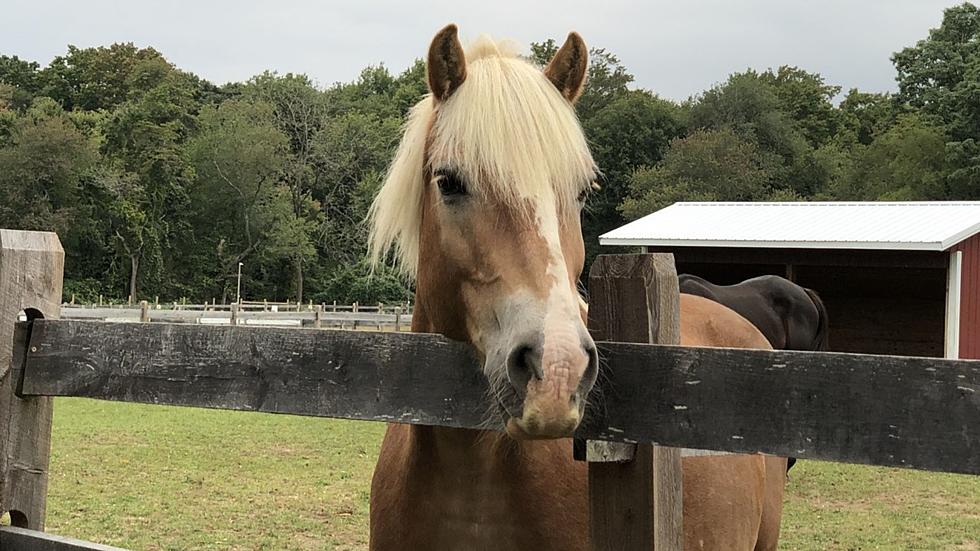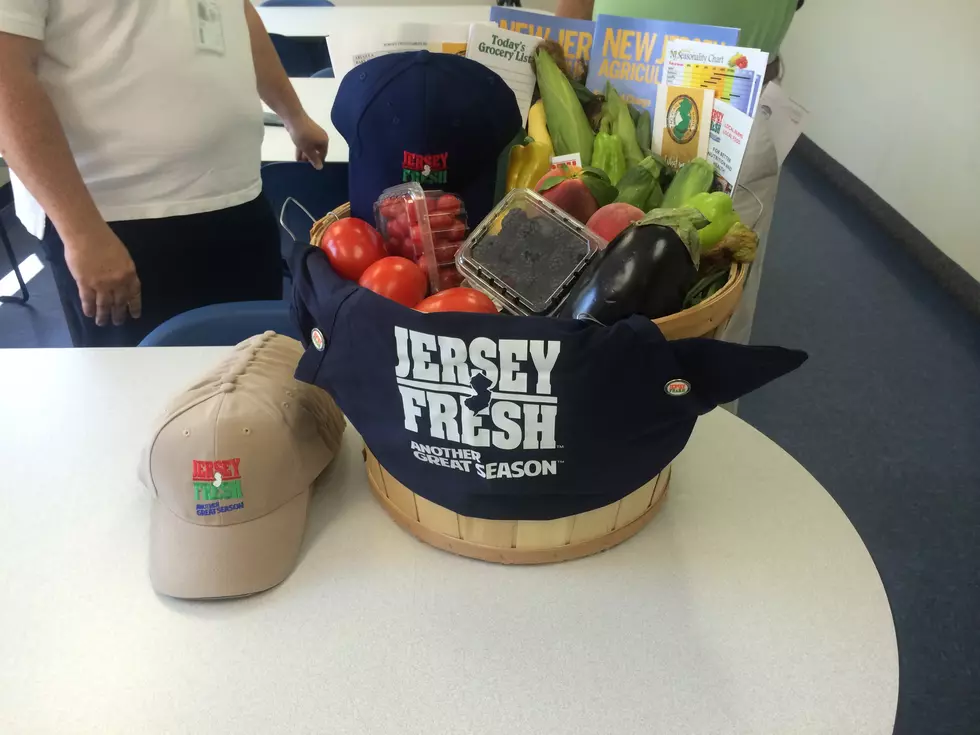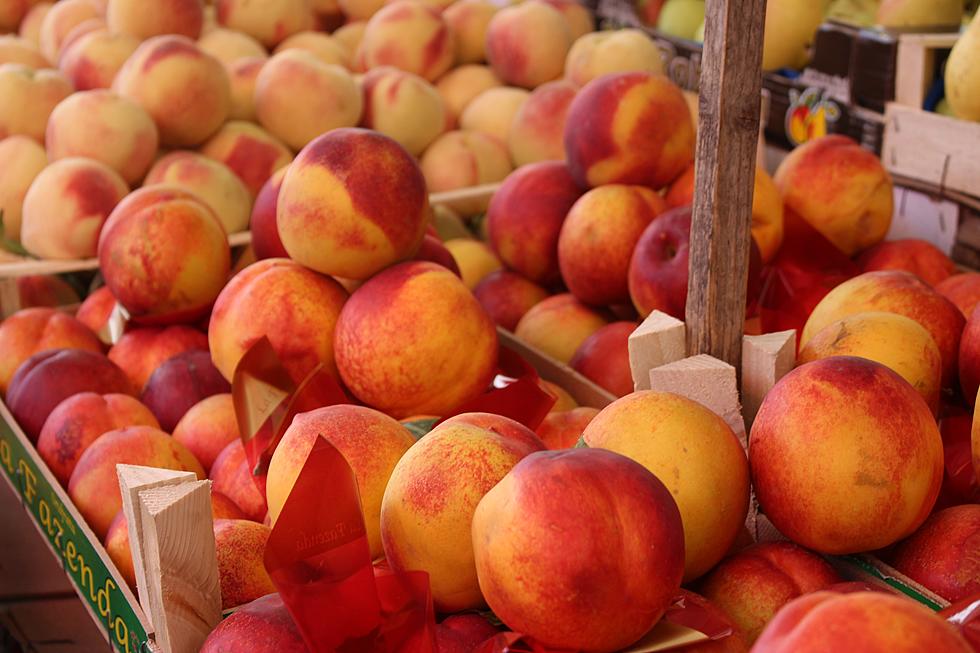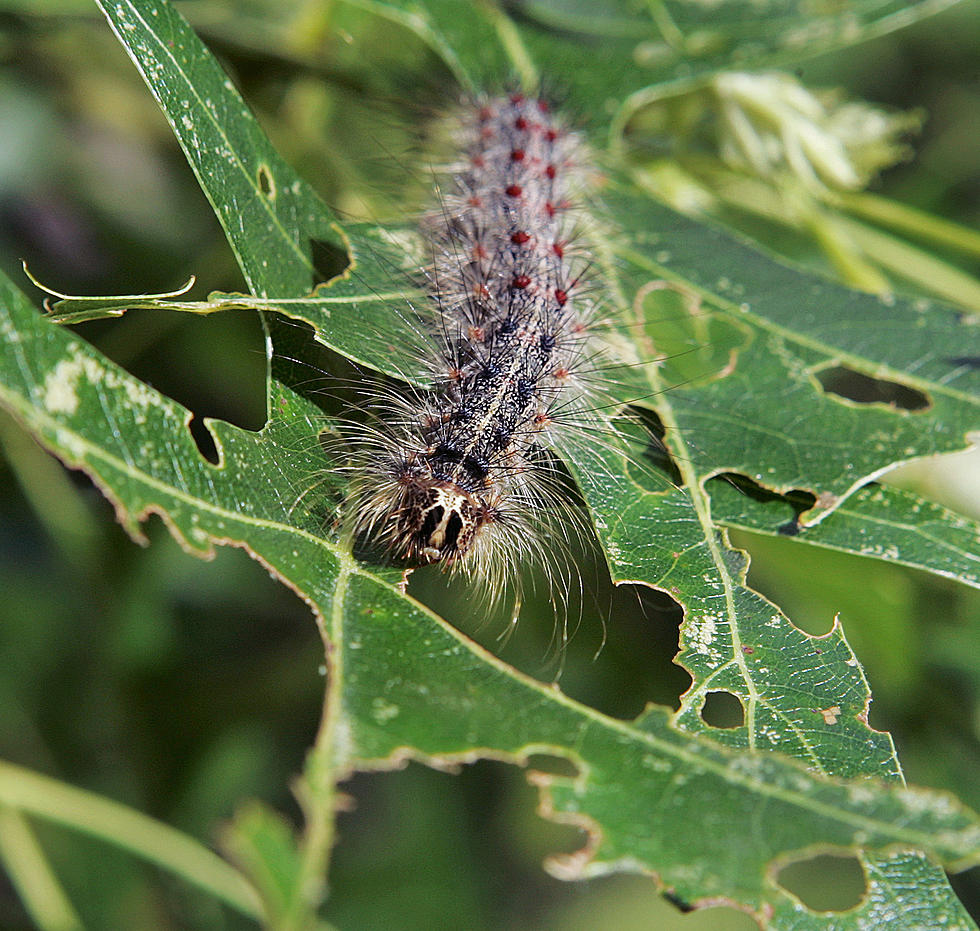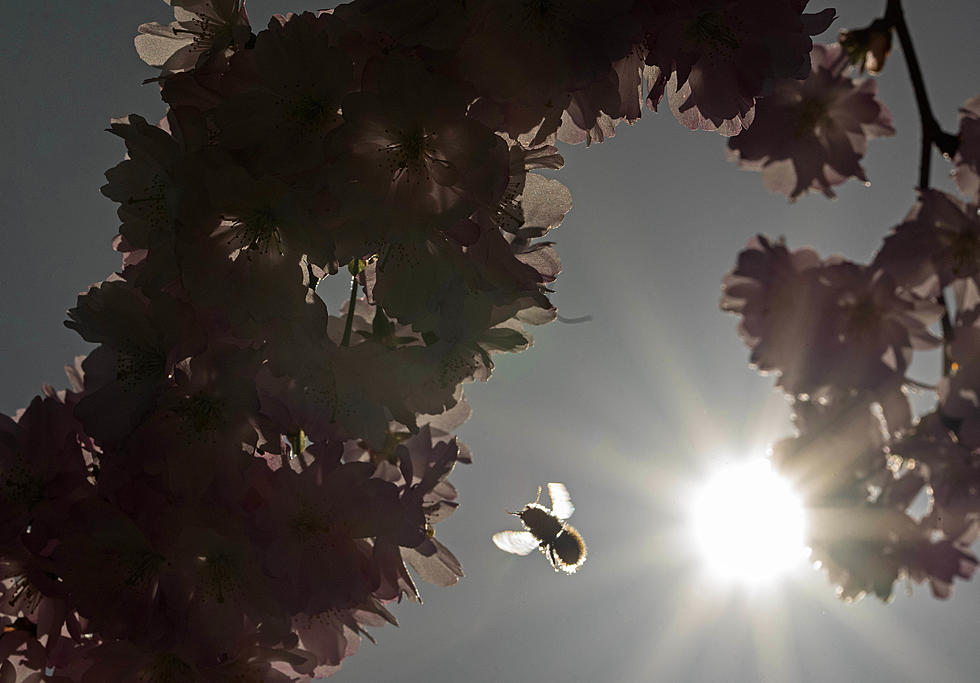
Can it be saved? American bumblebee disappearing in New Jersey
Research suggests the American bumblebee has already disappeared in several states, and the species looks to be headed in the same direction right here in New Jersey.
According to a petition to get the American bumblebee, "one of the most iconic native pollinators in North America," listed as an endangered species in the United States, its relative population has dropped by 85% in the Garden State. It's nowhere to be found, meanwhile, in Idaho, Maine, New Hampshire, North Dakota, Oregon, Rhode Island, Vermont, and Wyoming.
"We can see it's becoming vanishingly rare, even in just my own lab data," Rachael Winfree, a professor in the Department of Ecology, Evolution, and Natural Resources at Rutgers University, told New Jersey 101.5.
The American bumblebee used to pop up quite commonly in research conducted by Winfree and her team. In 2017-2018, though, out of almost 10,000 bees collected, not one was the American bumblebee.
"It is difficult to find here now," Winfree said.
Threats to the bee include habitat loss, pesticides, disease, and climate change, among other factors, according to the petition submitted by Center for Biological Diversity and Bombus Pollinators Association of Law Students.
As a group, Winfree said, bumblebees are important pollinators of wild plants and crop plants.
"Certainly, the American bumblebee is no longer doing that for farmers in New Jersey because it's so rare," Winfree said.
Winfree estimated the American bumblebee is one of 420 or so bee species in New Jersey. Like most states, however, New Jersey doesn't keep a full list of bee species.
"That's something we're starting up next year," said Meghan McConnell, state apiarist with the New Jersey Department of Agriculture. "We're hoping to participate in an Asian giant hornet survey that will also collect native bees."
If you want to help move the needle in the other direction for American bumblebees, the pesticide you use in your yard can make a huge difference, according to Winfree. She advises folks to avoid products with neonicotinoids — such products are easily available and very popular across the U.S.
Homeowners can also help the cause by planting and keeping flowers that are beneficial to native bees. And, if you're willing to keep weeds around for a little while longer, bees are fans of plants such as dandelions and clover.
Contact reporter Dino Flammia at dino.flammia@townsquaremedia.com
7 reasons why you need to kill the spotted lanternflies infesting NJ
Incredible, heartbreaking images of Ida's damage in New Jersey
More From 94.3 The Point


